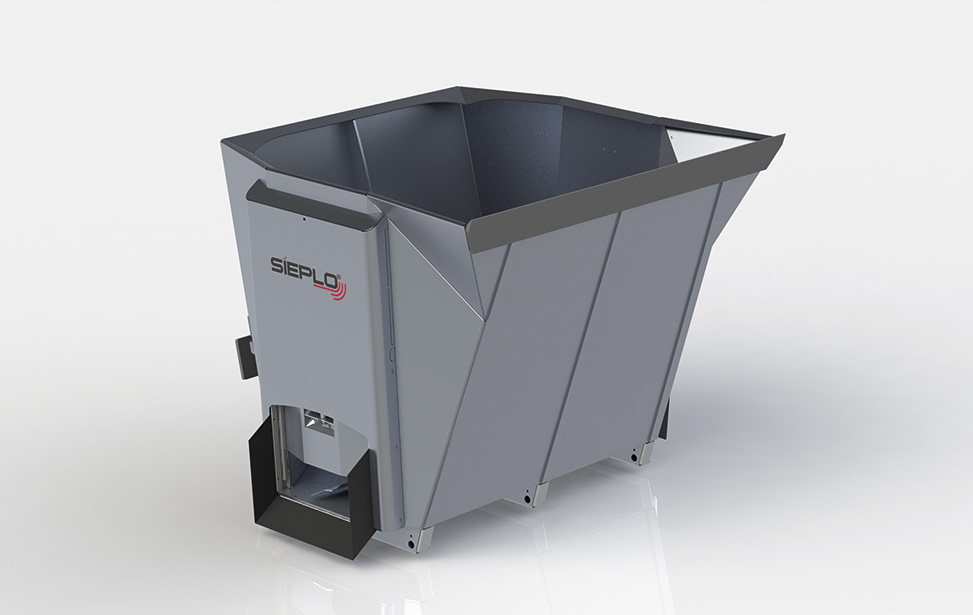In the heart of Washington, D.C., a groundbreaking project is taking root — not in open fields, but in a rooftop greenhouse and a building basement. Jubilee Farms, a new initiative from Jubilee Housing, is set to become D.C.’s first aquaponics farm that combines sustainable food production with workforce development and reentry support for citizens returning from incarceration.
Housed at 2400 Ontario Place NW, the farm is part of a larger redevelopment effort that includes affordable housing, a communal kitchen, and community wellness spaces. What sets this project apart is its integration of climate-smart agriculture with social reintegration programs — a rare, but vital approach in urban development.
What Is Jubilee Farms?
Jubilee Farms will operate a state-of-the-art aquaponics system in both the basement and rooftop of the Ontario Place building. Once fully operational, it is expected to produce up to 13,000 plants per month, including leafy greens, herbs, and other high-value crops. These crops will be grown without soil and without chemical fertilizers, using water enriched by nutrients from farmed fish, creating a closed-loop, zero-waste farming system.
According to the Aquaponics Association (2024), urban aquaponics farms can achieve yields two to four times higher than traditional soil farming on a square-foot basis, with up to 90% less water use — making them ideal for cities like D.C. where space is limited and food deserts persist.
A New Model for Reentry and Workforce Development
Beyond agriculture, Jubilee Farms addresses another pressing need: support for returning citizens. According to the U.S. Department of Justice, over 600,000 people are released from state and federal prisons each year, and the recidivism rate within three years exceeds 50% for many. One of the key predictors of success after release is access to stable employment and housing.
That’s why Jubilee Farms incorporates on-site workforce training in aquaponics, greenhouse management, and sustainable agriculture, preparing participants for careers in the growing green economy. Trainees will also gain soft skills and access to wraparound support services, helping to reduce barriers to employment and promote long-term stability.
The farm’s multi-use greenhouse will even include space for yoga, classes, and wellness programming, reinforcing the project’s holistic approach to community rebuilding.
Urban Farming as a Vehicle for Change
Urban agriculture is gaining momentum across the U.S., especially as cities grapple with climate change, inequality, and food insecurity. A 2023 report from the National League of Cities noted that integrating green infrastructure into social services — like affordable housing or reentry programs — can multiply impact by reducing carbon footprints, improving food access, and increasing community resilience.
With this in mind, Jubilee Farms stands as a model for socially inclusive urban agriculture. It shows how food systems can be woven into housing and justice systems to support both ecological sustainability and human dignity.
Jubilee Farms is more than just D.C.’s first aquaponics farm — it’s a bold experiment in urban renewal, restorative justice, and sustainable food production. By growing fresh food while cultivating job skills and community well-being, the project is planting the seeds of transformation for both individuals and neighborhoods. As cities look for integrated solutions to today’s biggest challenges, this innovative model could inspire a new generation of farms that nourish both people and the planet.












